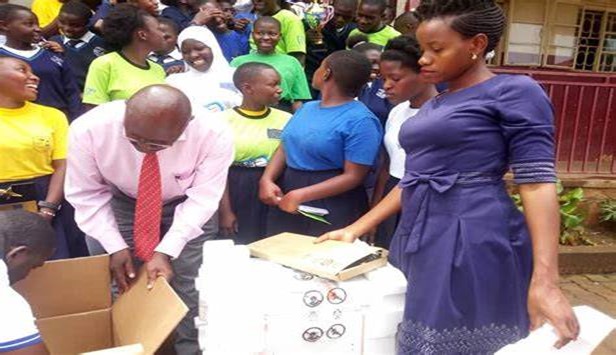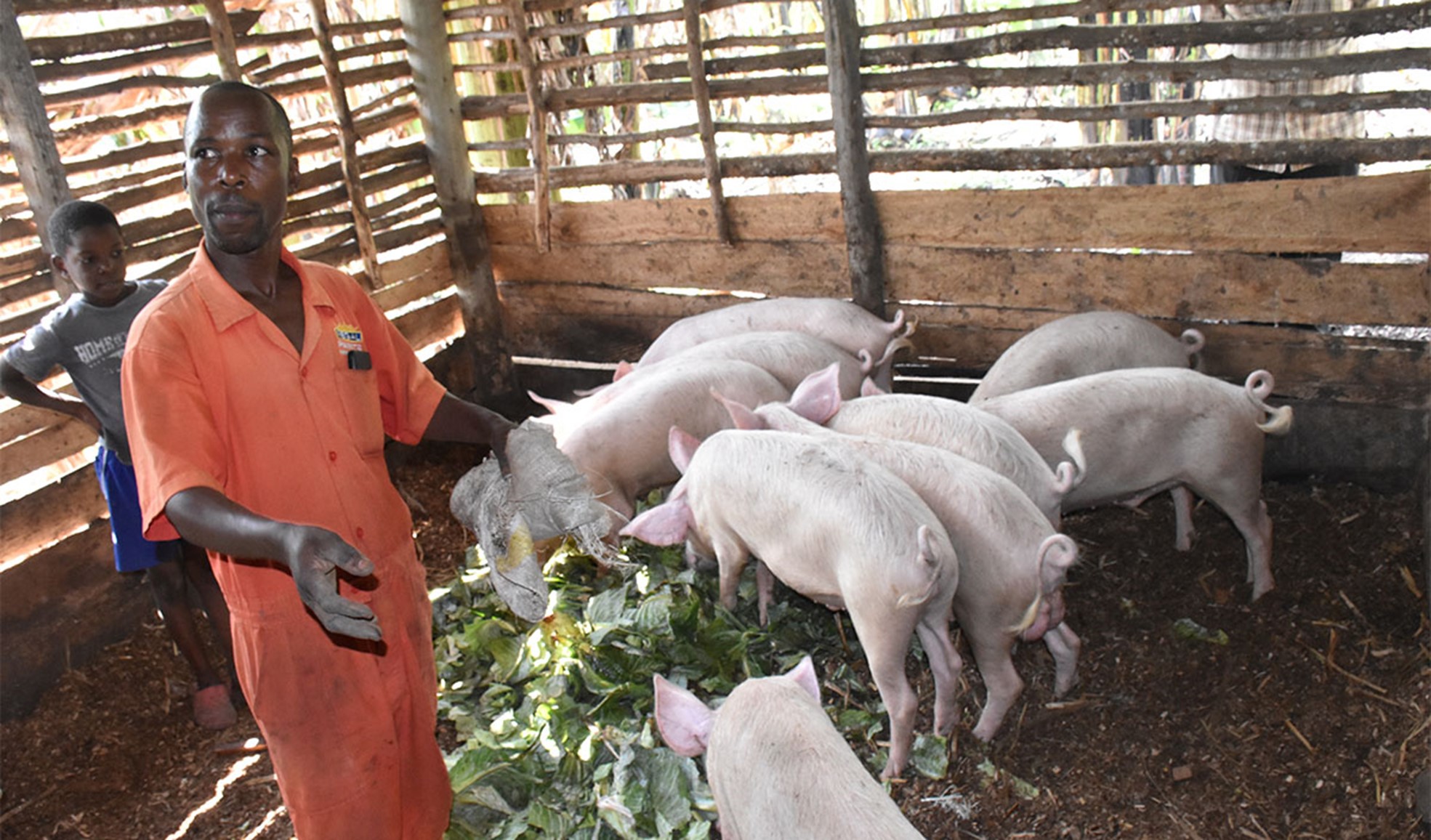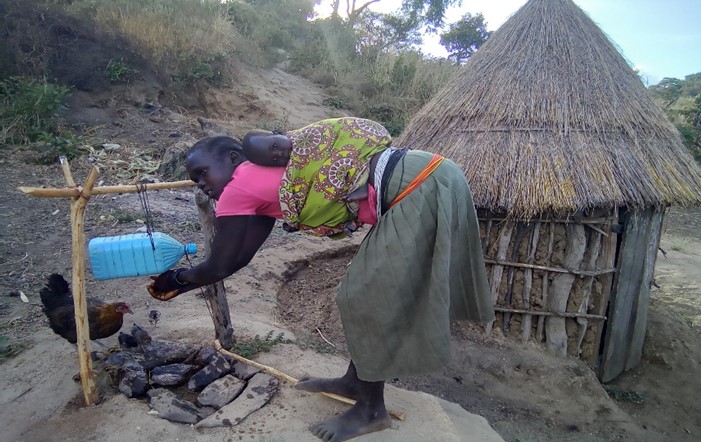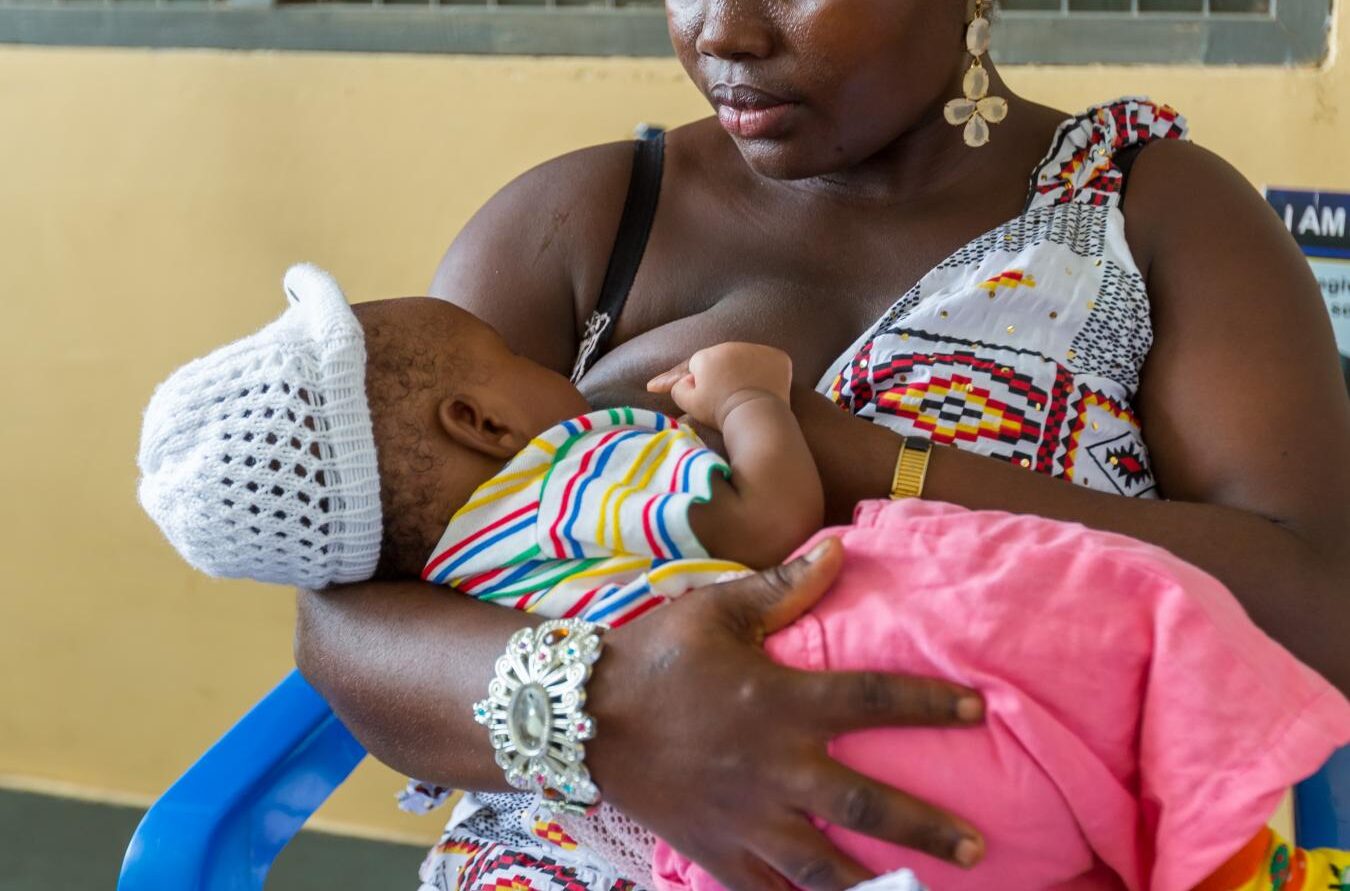My name is Yovan, I am from Alula cell, Kiru town council, Abim district. For…
A turning point for girls’ menstrual health in morulem sub county, abim district-uganda
“I felt embarrassed to be a girl and felt like it was a punishment,” recalls 16-year-old Agness Ayugi, describing her first period.
She was leaving for school, in her village of Agile, in Morulem sub county, Abim district when it happened for the first time. Back then, Ayugi said that she was in primary six when she first experienced her menstruation. Her mother taught her to use a clean piece of cloth to manage the blood. “I was not knowledgeable about how and why it happens, and what to expect. So, naturally, I was scared and confused. I will never forget that experience,” she explains.
I am only a representation of so many young girls in Karamoja who lack basic knowledge about their sexual and reproductive health and struggle to access menstrual health supplies to manage their menstrual hygiene. While at my primary level, I saw many girls grappling with shame and taboos surrounding menstruation. These issues undermine girls’ health and rights. They were subjected to stigma and others even missed school due to difficulty managing their menstrual hygiene. I hated going to school during my days of menstruation.
An estimated one in ten girls in Karamoja miss school at some point during their period. Improving sexual and reproductive health can yield a significant return, by increasing girls’ participation in reproductive health and menstrual hygiene education. But there are enormous challenges that must be addressed first.
African sexuality is very much a taboo. However, not talking about sexual reproductive health perpetuates stigma and discrimination. Access to sexual education is vital not only for menstrual literacy but also for self-confidence, self-esteem, and self-worth.
Before the intervention of Karamoja Action for Youth Transformation (KAYT), many girls in Karamoja schools including girls like Ayugi, lacked knowledge on the use of sanitary pads. “When I’m menstruating, I usually use strips of absorbent cloth. That was all my mother taught me”- Ayugi said.
Fortunately, I participated in the school debate on menstrual health hygiene organized by KAYT to sensitize girls on how they can manage their menstrual health where sanitary pads were also distributed and it changed my life forever because I learnt skills to break down taboos as well as to build positive norms around menstruation.
Today, while Ayugi effectively manages her menstrual period, she advocates among her peers in schools and communities, and tells them about the importance of using sanitary pad to manage their menstrual period.
“I have now taken it upon myself to help other girls in schools experiencing their first menstrual period,” she says. “Now I know that it’s a normal human body function and there is no need to be embarrassed.”




